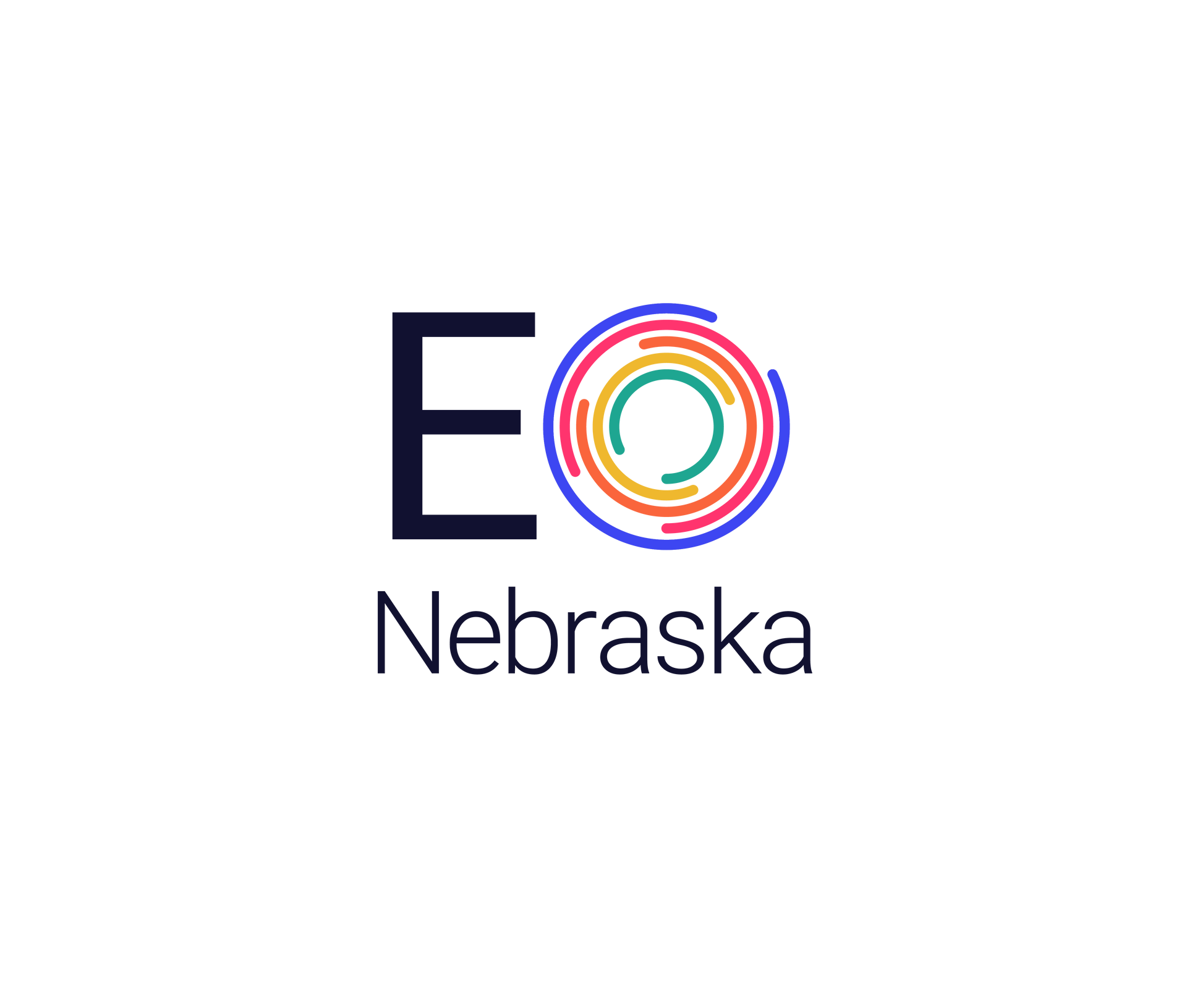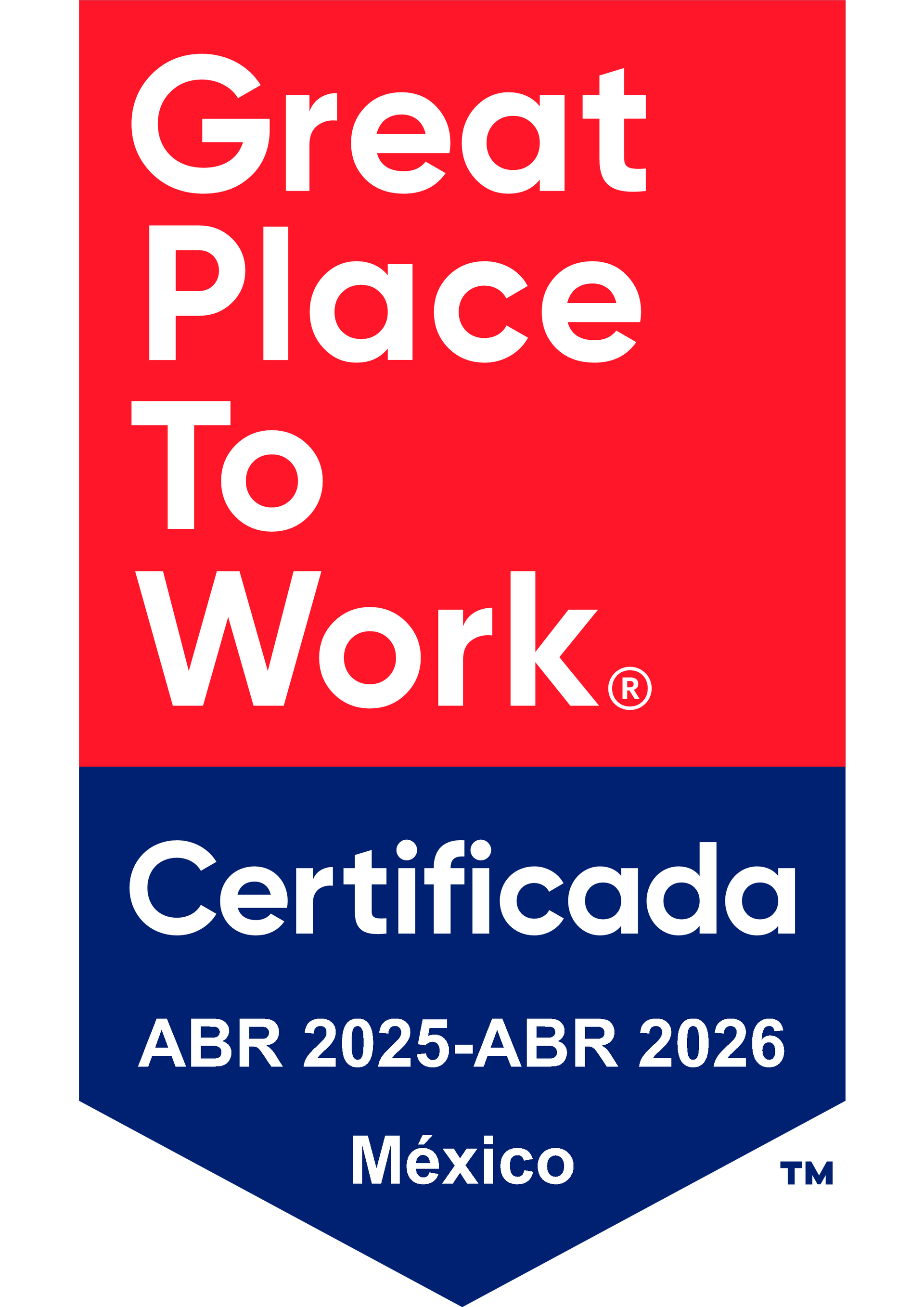Debunking Myths About Outsourcing Remote Employees
Remote work isn’t just about hopping into a meeting room or communicating through chat apps and hoping for the best. For those willing to make small adjustments it can be extremely productive, engaging, and successful.
Transitioning into remote work requires a commitment to trusting and supporting every team member by building a shared understanding of needs and expectations and establishing a welcoming environment with open communication.
According to Forbes, “Remote work has its challenges, millions of teams at companies of all sizes have proven over the years that they can stay agile and keep innovating.” Despite the benefits of working remotely, misconceptions may arise from concerns about communication challenges, accountability issues, or the perceived inability to collaborate effectively in remote settings.
There may also be some cultural differences when outsourcing Remote Team Members (RTMs), however, the perception of those differences may not be giving you the whole picture of what remote employees from Mexico, or the Philippines are really like. Some many shared values and similarities may surprise you as well as some differences which can make them a better fit for your team. We’re here to debunk some of those common misconceptions about hiring a remote employee outside the U.S.
Common myths about remote team members in MX and PH:
- “My company is too small or isn’t structured to hire team members from another country.”
This may have been the case five years ago, but it is not anymore. Companies of all sizes and in all industries can capitalize on the benefits of hiring remotely.
- “Only call centers use employees from other countries.”
Thousands of companies throughout the U.S. hire team members for all kinds of positions other than call centers. Accounting, Admin, marketing, and sales are just a few of the positions that can be filled remotely. Any position that can be structured or supported remotely can be filled by an employee in Mexico or the Philippines.
- “Training Remote Employees is too difficult or will require too much time.”
Many of our clients find training remote employees is much easier than they expected and, in some cases, prefer it. Training via Zoom can be recorded for reference later or future training. Supervisors and team members can share their screens, so they can review the same information without the need to be in each other’s personal space. We have several resources and recommendations to help our clients prepare for training remote staff.
Training should not require additional time however supervisors may be more deliberate. Rather than passing an employee in the hall and asking about a recent project or training, we recommend sending a message or engaging in a quick video call each time you get up and return to your desk. This strategy also works well to maintain engagement throughout a Remote Team Member’s employment.
- “This could really help my company, but my current employees wouldn’t like it or feel they may be replaced.”
Like any change, current employees may have questions or concerns. Showing empathy, communicating, and highlighting the benefits are some of the best ways to promote change. Reassure employees that adding remote team members is not a strategy to replace them but rather support them and the business to help both grow.
- “My clients won’t like that we use employees from other countries.
Remote team members use your email and phone systems so your clients may never realize they are in another country. The negative stereotype related to using employees in other countries often relates to call centers where they use set scripts and have limited training. This stereotype is often quickly forgotten when a well-trained remote team member addresses your client’s questions or concerns and provides a positive experience.
- “Employees who work from home are less productive!”
Remote workers can be just as, if not more, productive than their in-office counterparts. Without the distractions of the office environment or daily commute, remote workers often have greater autonomy and flexibility, leading to increased productivity.
According to Findstack research, 77% of remote workers say they’re more productive when working from home.
- “Working with someone in a different time zone would be too complicated.”
Remote team members from Mexico are within two hours of the five major time zones in the US so working on your schedule is not an issue. Although there is a greater time difference, team members from the Philippines also adjust their schedules to work with US clients. This is very common in the Philippines due to the number of U.S. companies with employees located in the Philippines. For some clients, the time differences present an opportunity for after-hours coverage without domestic employees needing to adjust their schedules.
- “Remote employees don’t collaborate or engage.”
Engagement often depends more on the individual’s job satisfactions, the company culture, and the quality of communication, rather than their physical location. With the right communication tools and practices, remote teams can collaborate effectively to get the job done from their home desks. Enabling trust with your remote employees and encouraging flexible schedules can lead to higher levels of commitment and loyalty. Culturally, team and company success is extremely important to employees in Mexico and the Philippines, adding to and at times exceeding the engagement of domestic team members.
- “Remote work is just a passing trend!”
Remote work isn’t just a passing trend, it has been steadily gaining traction for years. Forbes stated that, “A remarkable 93% of employers plan to continue conducting job interviews remotely”. This indicates a willingness to adapt to virtual methods and signals the recognition of remote work as a sustainable option for the foreseeable future.
- “Remote Employees from MX and PH are not well educated.”
Globally Accredited Universities outside the US do exist, and many positions we hire for require certain levels of education. Both countries have thriving middle classes with well-educated professionals, similar to the U.S. We screen and conduct extensive interviews before we place high-quality candidates with our clients. Candidates we’ve placed from Mexico, and the Philippines are just as experienced if not more than local candidates.
“The communication barrier would be too difficult.”
English is a second language to many RTMs; however, all candidates are proficient in written and spoken English. As part of our screening process, we also assess accent levels and writing skills to ensure positions with a high call or email volume receive candidates who will succeed in their roles. For many clients, having bilingual employees is also a huge benefit.
By embracing remote work and leveraging technology to bridge communication gaps, organizations can tap into a global talent pool, foster collaboration, and promote work-life balance.
As we continue to navigate the changing landscape of work, let us challenge misconceptions, embrace innovation, and support remote workers from Mexico, the Philippines, and beyond.
Join us in breaking down barriers and embracing the reality of remote work!
Ready for Gordian Staffing to help you find a dedicated Remote Team Member? Contact us today to learn more about our remote staffing solutions.














